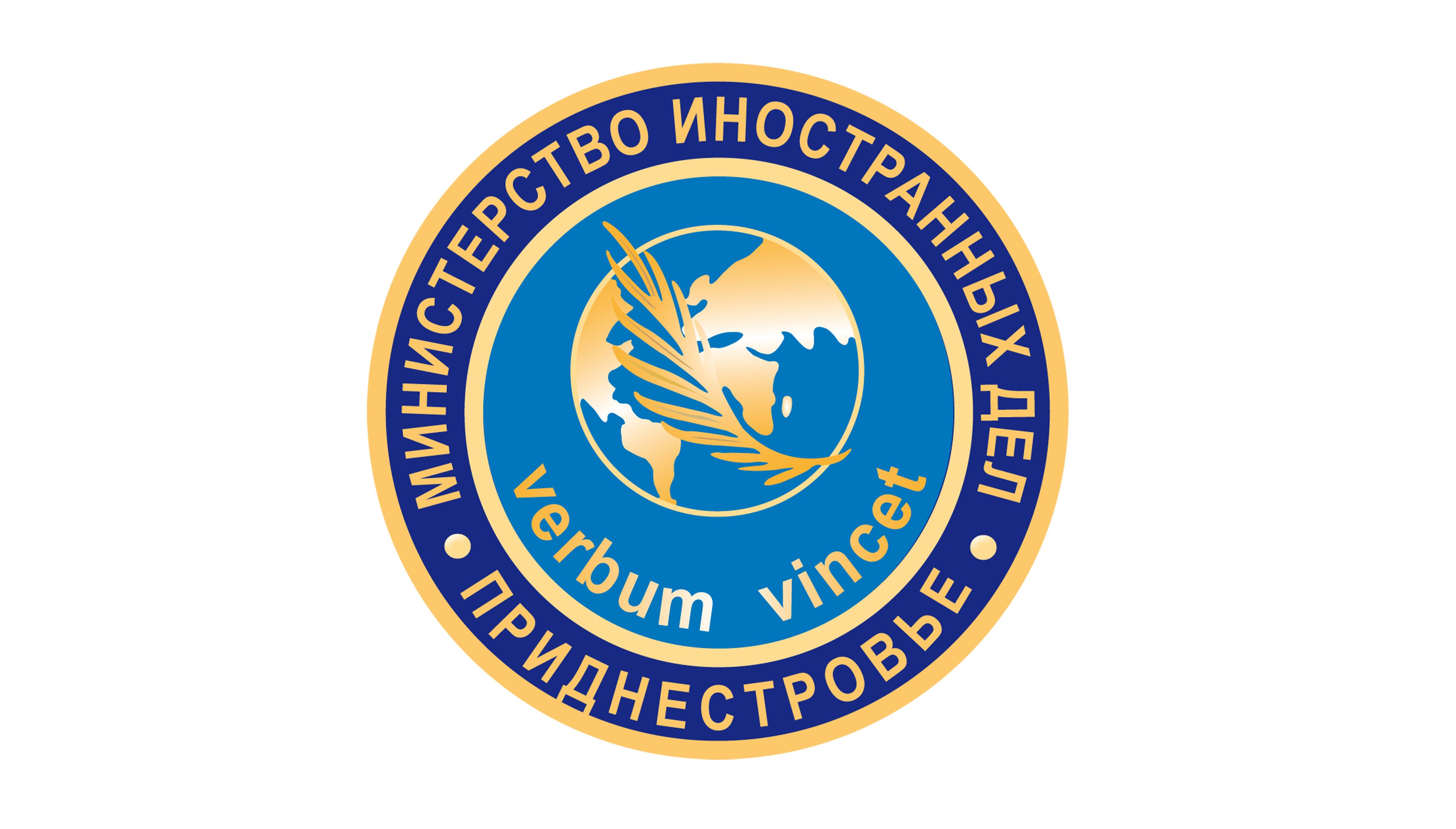We view the adoption by the Moldovan Parliament of a bill that creates grounds for politically motivated criminal prosecution of virtually every resident of the Pridnestrovian Moldavian Republic as an act of aggression aimed at undermining the negotiation process and as a deliberate prologue to massive human rights violations.
For decades, the Republic of Moldova has been exerting pressure on Pridnestrovians by means of politicized criminal prosecution, which is one of the topical problems of the current international negotiation process agenda. Recall that the Moldovan side has signed a number of agreements stipulating the commitments to resolve this problem, including the Berlin Protocol of June 2-3, 2016 5+2 official meeting and the November 25, 2017 Protocol Decision on Land Use. However, not only did Chisinau fail to fulfill its commitments, but with its destructive decision, it nullified years of international mediators and observers’ efforts in the negotiations.
The adoption of repressive norms against Pridnestrovians was the result of the degradation of Chisinau’s approach since the disruption by the Moldovan delegation of the Bratislava 5+2 meeting of the Permanent Conference in the autumn of 2019. Pridnestrovie has repeatedly warned international representatives about the inadmissibility of a passive position amid the actions of the Republic of Moldova to break the civilized dialogue. Chisinau’s sense of impunity has now threatened to destroy the entire negotiating structure and the danger of escalating tension.
Note that the Moldovan Negotiator twice rejected Pridnestrovian initiatives to hold an early meeting of Political Representatives, dedicated, among other things, to the discussion of this problem. The Moldovan side agreed to schedule a meeting only for February 17, waiting for the final adoption of the repressive articles. Such evasion and fear of discussing topical problems devalue the usefulness of contacts with the office of the Political Representative from the Republic of Moldova.
The politicized and selective nature of the amendments, aimed not at combating crime but specifically against the nearly half a million people of Pridnestrovie, raises an acute question about the state of the democratic process in the neighboring country, which requires an objective assessment by the international community.
We warn the Moldovan side of its accountability for any actions that threaten the rights and freedoms of citizens of the Pridnestrovian Moldavian Republic. Full responsibility for the escalation of tension lies entirely with the Moldovan side.
Pridnestrovie does not accept criminal procedure blackmail from neighboring Moldova and calls on international participants in the negotiation process to carry out their mediation mission to prevent politically motivated persecution of the Pridnestrovian population.








